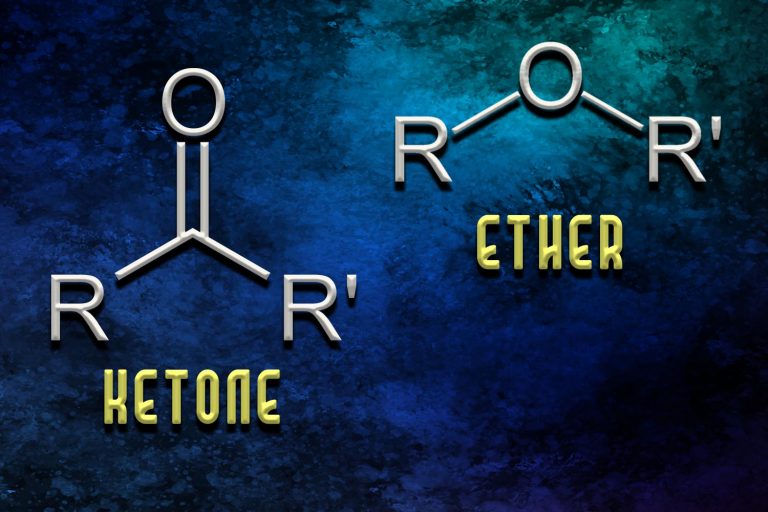18 Dec Essential oils as natural mucolytics and expectorants

The role of mucus in respiratory health
The mucus secreted by the respiratory system is a major mechanism of defense against respiratory infections. It is composed by 95% of water, 2% of salts and 3% of organic compounds, including cells related to the immune system , antibodies and lysozyme, an enzyme capable of destroying microbes and removing impurities.
The mucus protects the epithelial cells and the respiratory cilia, keeps the upper respiratory system wet and traps small particles like dust, pollutants and microorganisms, preventing foreign bodies from entering the lungs.
Many diseases of poultry and livestock are accompanied by an accumulation of mucus in the respiratory system. The accumulation of mucus worsens the prognosis of the disease:
- The accumulation of mucus, especially when the viscosity of the mucus is high, slows down the movement of the respiratory cilia. Respiratory cilia play an essential role in the cleaning system of the respiratory tract (check our article about the importance of respiratory cilia here )
- Pathogens, especially bacteria, grow easily on accumulations of mucus, starting secondary infections.
- Masses of mucus obstruct of the respiratory airways and cause difficulties to breathe normally.
Mucolytic and expectorant essential oils
A mucolytic is defined as a substance that reduces the viscosity of mucus by altering the chemical structure of mucin. An expectorant is an agent that promotes the expulsion of mucus from the respiratory tract by increasing lubrification.
During respiratory diseases, mucolytics are given to reduce the viscosity the accumulated mucus. When mucus becomes more fluid, the respiratory cilia can move faster, cleaning the respiratory tract. Mucolytics are often combined with expectorants for a faster effect.
Essential oils rich in phytochemicals with ketone and lactone groups in their chemical structure, such as verbenone, thujone, carvone, cryptone, pulegone, menthone, and pinocamphone, are excellent mucolytics. Peppermint, rosemary and pine are good examples.
On the other hand, essential oils rich in phytochemicals with ether or phenolic ether groups in their chemical structure, such as cineol, guaiacol and anethol, are expectorants. Some examples include eucalyptus (cineol type species) and star anise.

Advantages of using essential oils with mucolytic and expectorant activities
Essential oils are proven to keep the animals healthy and productive during periods of risk of respiratory diseases, as we described in this article.
Whenever there is a respiratory infection, essential oils can be given together with the antibiotic of choice to reduce the respiratory signs and speed up the recovery.
Whenever there is a high concentration of atmospheric ammonia, essential oils prevent the accumulation of mucus, keeping the animals healthy.
Moreover, essential oils are multifunctional, providing side benefits to the animals:
- Certain essential oils are antimicrobial and are effective against certain pathogens, such as mycoplasma or respiratory fungi.
- Other essential oils are able to speed up the ciliary beat frequency up to 20% in a natural way, improving the physiological cleaning up of the respiratory airways.
- Many essential oils are powerful antioxidants.
Product of choice
PlusBreathe© contains essential oils with natural antiseptic, antioxidant, expectorant and mucolytic activity. It has a refreshing taste.
It is indicated to improve the functioning of the respiratory system and to mitigate heat stress in birds, ruminants, pigs and rabbits of all ages. It can also be nebulized in the farm environment.
Do not miss any of our articles!
Subscribe to our monthly newsletter

Certain health statements may not be applicable in your region.

